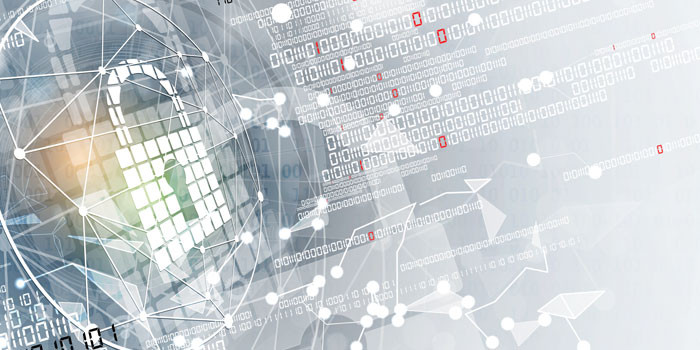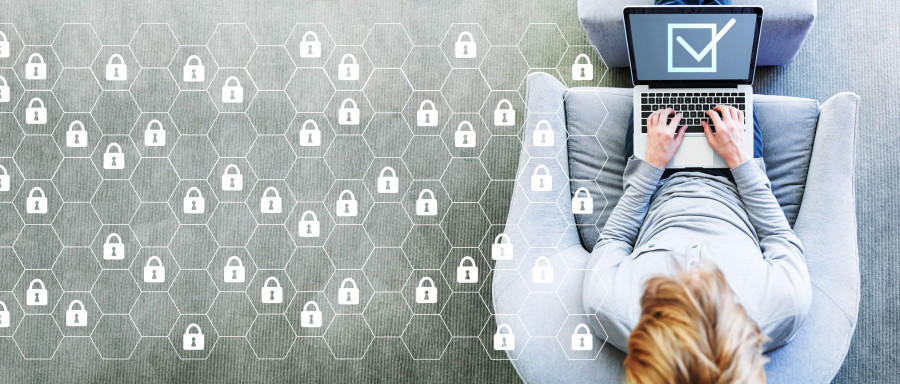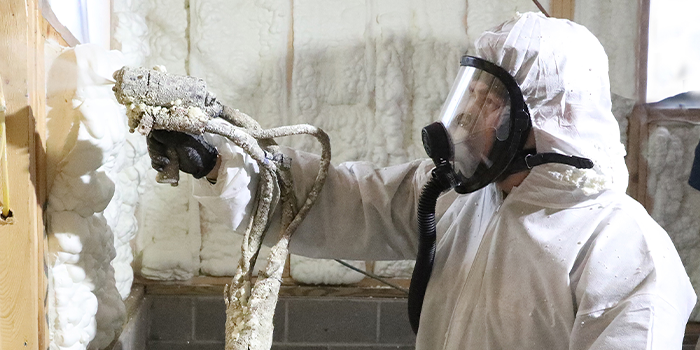
Protecting the Health of a Business

SPRAY FOAM MAGAZINE – Show Issue 2021 – A devastating virus wreaked havoc throughout the world, political and social unrest was abundant, and the increasing risk of terrorism was looming: 2020, the year the world’s health and sanity were in jeopardy.
All of these unfavorable events have had an unprecedented effect on both people’s mental and physical health, and their businesses too. How can this be prevented when many people are working from home and data security risks are elevated?
The pandemic resulted in many workers quickly switching to remote working, without companies having the time to have a secure infrastructure put into place. Many smaller companies made a quick and smart decision to enable their employees to work safely from home ensuring the following steps were taken:
- Malware Protection Companies who could not provide company laptops relied on employees having their own devices. Many personal laptops have limited malware protection, resulting in a higher risk for hackers to obtain data from these laptops. Companies who created a good working-from-home infrastructure ensured malware was on all personal devices.
- Keeping Laptops Updated Keeping company and personal laptops updated on a regular basis limits the risk of a cyberattack. Companies need to ensure reminders on malware updates are sent out on a regular period to their employees.
- Working on a VPN Virtual Private Network (VPN) creates an increased secure internet connection. It is therefore imperative that employees working from home are connected to the company’s VPN. This will limit the chances of a company being hacked through an employee’s home Wi-Fi.
- Educating employees about potential cyber hacks Companies also need to educate their staff on the following risks while working from home:
- When working at home there is a greater risk to be targeted by scam emails and phone calls.
- Downloading apps onto cell phones may increase the chance of an attack with personal data, like a phone or IMEI (Unique identifier assigned to cellular) and location coordinates being shared with, for example, ad companies.
- There is a risk with Zoom calls, FaceTime and other online meeting mediums being attacked. known as Zoombombing or Zoomraiding, this new form of a cyberattack is a frustration with outside sources being able to potentially hi-jack a meeting. It also increases the risk of a private company’s information getting out into the public domain. This threat is so great that many major companies and state and federal agencies have prohibited the use of online meetings using outside company video conferencing.
- Shopping online – Keep the online shopping on a separate device from the one used for work. This will limit any company information being accessed by a potential cyberattack through a retail business.
Small Companies should be aware that cyberattacks not only happen to larger companies and that they too need to limit the chances of a possible attack. The suggested steps can help a company protect their customers, assets and reputation. The financial damage to a company can be so detrimental that smaller companies may struggle to even survive. Not only can the security breach have vital company information stolen, it can cost money to clean up affected systems. There may also be costs involved in personal information being leaked with liability and damages owed to the clients whose information has been hacked.
Regular monitoring of security for remote and inhouse employees should be carried out. This will identify the level of current risks to IT equipment, information and services. If the company has experienced an attack, understanding the cause of the attack is paramount, immediately addressing the security breach.
Attempt to contain a data breach by:

- Disconnecting
- Disabling
- Maintaining
- Installing
- Changing
After these steps are taken, report to the closest FBI office, put a hold on any company credit cards and contact the company’s liability insurance office.












